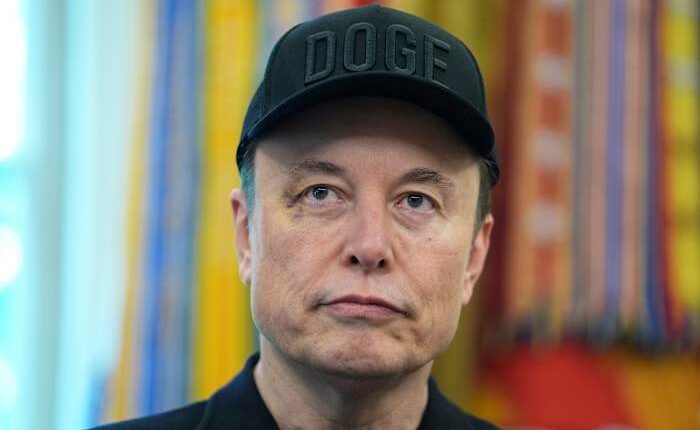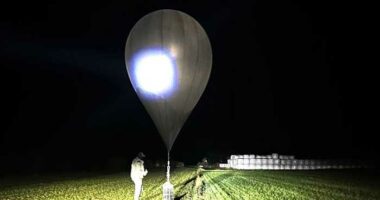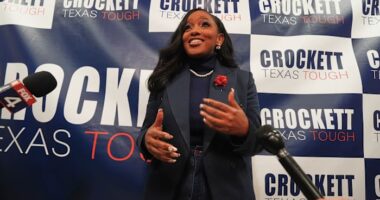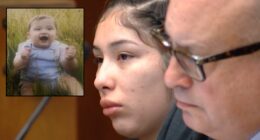Share this @internewscast.com

On Monday, Elon Musk took aim at Apple and OpenAI by filing an antitrust lawsuit, claiming the two companies are colluding to hinder competition in the field of artificial intelligence. The lawsuit targets Apple’s relationship with the maker of ChatGPT, a move Musk argues undermines fair competition.
Filed in a Texas federal court, the 61-page lawsuit follows Musk’s earlier warning against Apple, where he accused the company of showing undue favoritism towards OpenAI and ChatGPT within the iPhone’s app store rankings for leading AI applications.
Musk’s allegations suggested that Apple was deliberately disadvantaging rivals to ChatGPT, like the Grok chatbot developed by Musk’s xAI. Now, the lawsuit elaborates on numerous complaints from xAI and another of Musk’s businesses, X Corp., seeking financial compensation and a legal directive to halt the supposed unfair practices.
This legal initiative ties together several recent storylines, recasting the year-long Apple and OpenAI collaboration as a covert plot to suppress competition, akin to a major technological turning point comparable to the iPhone’s 2007 launch.
The legal filing describes the scenario as a narrative of two powerful entities conspiring to maintain their dominance in a rapidly advancing world driven by the formidable technology of artificial intelligence.
The lawsuit paints Apple as a company perceiving AI as a significant challenge to its future prospects, leading to its alleged pact with OpenAI to shield its iPhone business, which remains its primary revenue generator.
Some of the allegations accusing Apple of trying to shield the iPhone from do-everything “super apps,” such as the one Musk has long been trying to create with X, echo an antitrust lawsuit filed against Apple last year by the U.S. Department of Justice.
The complaint casts OpenAI as a threat to humanity bent on putting profits before public safety as it tries to build on its phenomenal growth since the late 2022 release of ChatGPT. The depiction mirrors one already being drawn in another federal lawsuit that Musk filed last year, alleging OpenAI had betrayed its founding mission to serve as a nonprofit research lab for the public good.
OpenAI has countered with a lawsuit against Musk accusing him of harassment — an allegation that the company cited in its response to Monday’s antitrust lawsuit. “This latest filing is consistent with Mr. Musk’s ongoing pattern of harassment,” OpenAI said in a statement.
Apple didn’t immediately respond to a request for comment.
The crux of the lawsuit revolves around Apple’s decision to use ChatGPT as an AI-powered “answer engine” on the iPhone when the built-in technology on its device couldn’t satisfy user needs. The partnership announced last year was part of Apple’s late entry into the AI race that was supposed to be powered mostly by its own on-device technology, but the company still hasn’t been able to deliver on all its promises.
Apple’s own AI shortcomings may be helping drive more usage of ChatGPT on the iPhone, providing OpenAI with invaluable data that’s unavailable to Grok and other would-be competitors because it’s currently an exclusive partnership.
The alliance has provided Apple with an incentive to improperly elevate ChatGPT in the AI rankings of the iPhone’s app store, the lawsuit alleges. Other AI apps from DeekSeek and Perplexity have periodically reached the top spot in the Apple app store’s AI rankings in at least some parts of the world since Apple announced its deal with ChatGPT.
The lawsuit doesn’t mention the potential threat that ChatGPT could also pose to Apple and the iPhone’s future popularity. As part of its expansion efforts, OpenAI recruited former Apple designer Jony Ive to oversee a project aimed at building an AI-powered device that many analysts believe could eventually mount a challenge to the iPhone.
Copyright 2025 The Associated Press. All rights reserved. This material may not be published, broadcast, rewritten or redistributed without permission.














